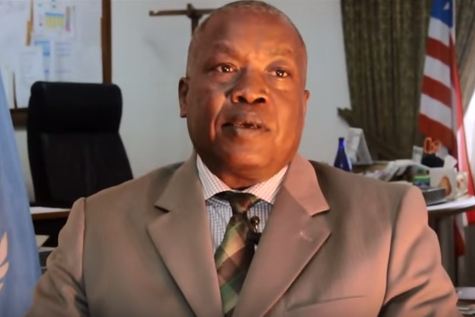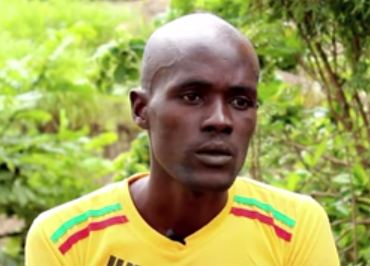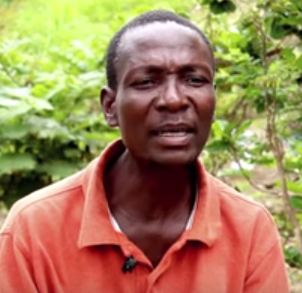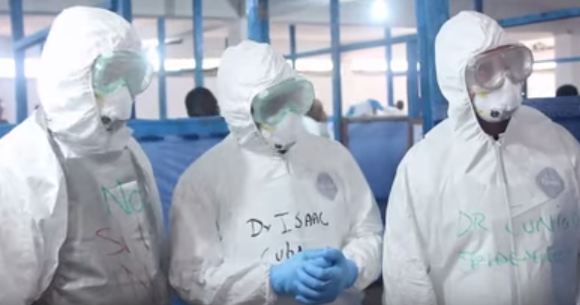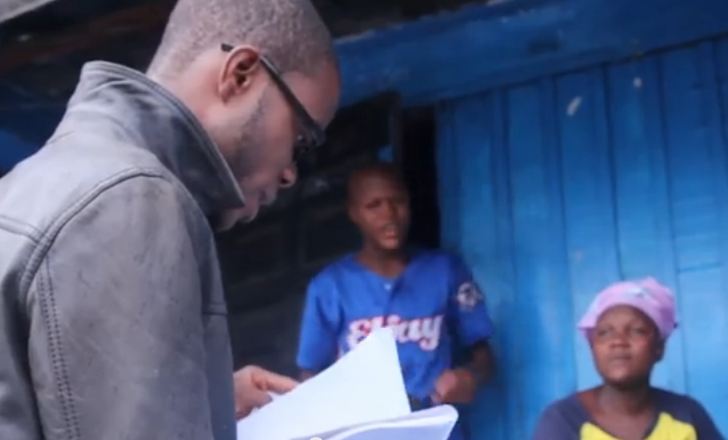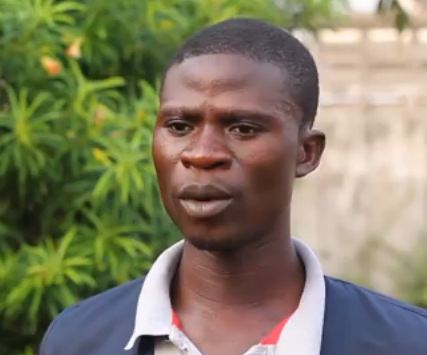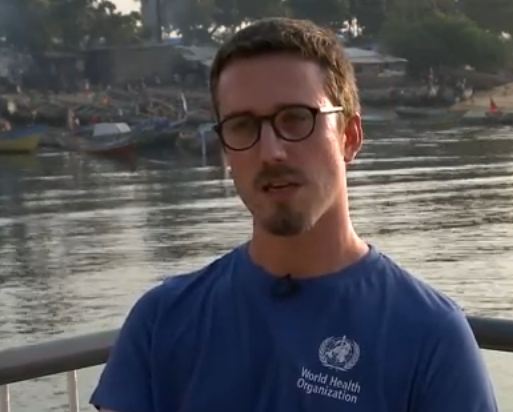This testimony was recorded in Liberia on 17 July 2014 at Foya district's treatment centre. Saah Tamba from Lofa’s capital Voinjama lost five members of his family describes the ordeal he went through when he was sick of Ebola which he contracted from his uncle – the body pains, the chills due to high fever, vomiting and diarrhoea. He immediately went to the clinic and health staff brought him to the treatment centre in Foya. “When I got sick, my family doubted my recovery. The doctors who treated me gave me certificate that indicates I am free of Ebola, if anyone would still doubt. I am now free to go home, I am well and I am happy.”
For health systems fighting the Ebola outbreak, it is important to identify survivors in order to record their experiences and support community awareness efforts by sharing their ordeals and how they managed to survive Ebola. It indeed helps to alleviate some resistance, panic, denial, and misconceptions that local populations often have about this disease.
